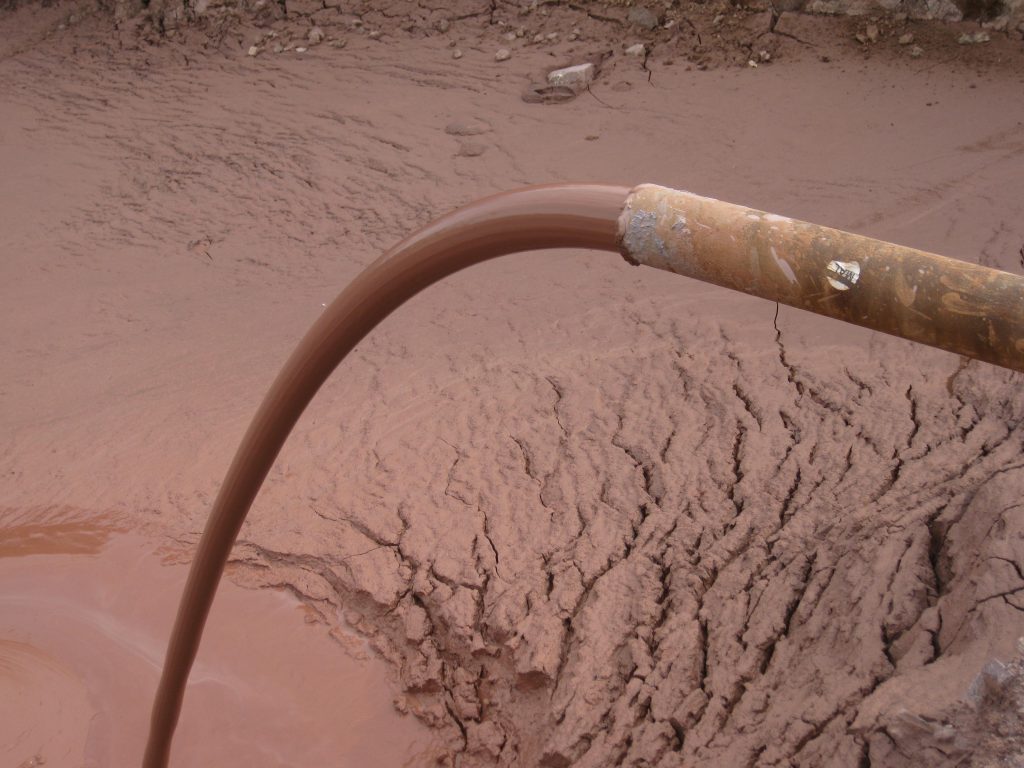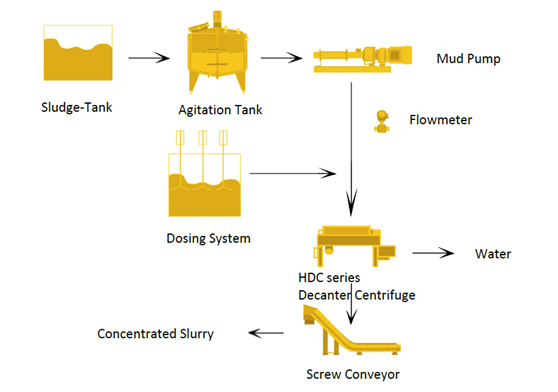
In sludge thickening, surplus sludge (generated during the biological stages of the sludge) is concentrated from 1 % or less. The total solids content must be 5–8% before it is pumped into the digester. As a result, the amount of sludge is reduced by 90–95% in volume. Recent studies which took all relevant fixed costs (capital and labor) as well as variable costs (consumption of power, water, polymer, and other spare parts) into account show that a thickening decanter has advantages over all other thickening equipment. These advantages have become increasingly significant in the case of processing large capacities with long periods of time. Regardless of whether the sludge is transported after dewatering, it is reused as fertilizer and disposed in landfills or is incinerated. Developing maximum dryness for the product is the most critical factor. The other key factors simply make it more cost-efficient in terms of the consumption of polymers, energy, water, spare parts, as well as the continuous, automatic operation at minimal costs. Decanters stand out from the competition with their reliability and cost efficiency.

